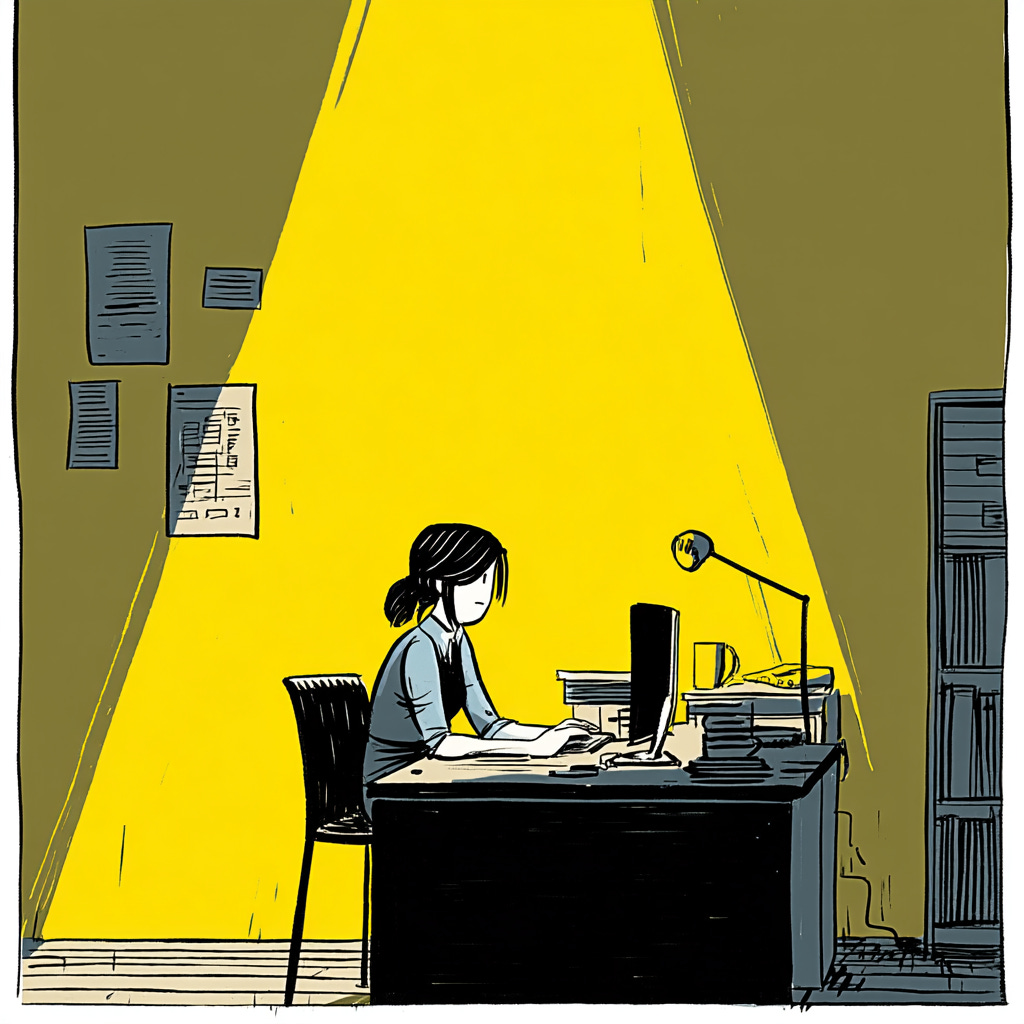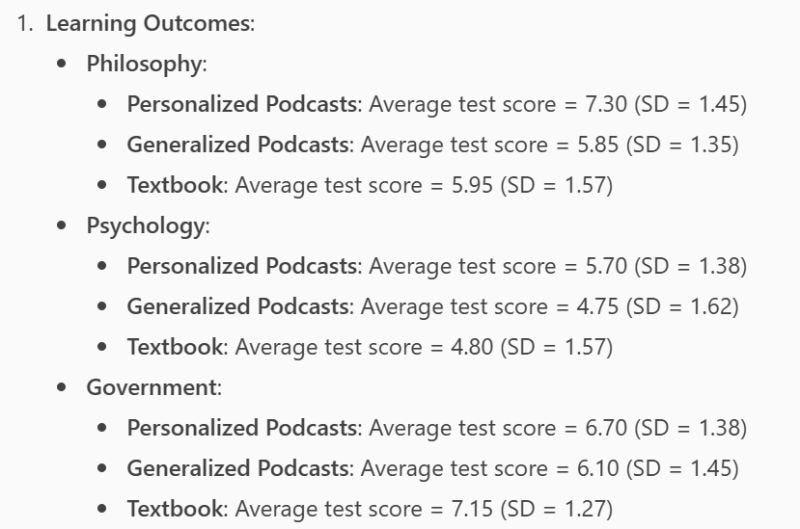Less than half of UK workers would RTO full-time
ALSO: Priya Parker wants to solve your meetings
Less than half of UK workers would comply with full-time return-to-office mandates finds new research from King’s College London. Despite lots of headlines from organisations demanding a return the study, by researchers at the Global Institute for Women’s Leadership at King’s College London and King’s Business School, found that work-from-home rates were unchanged since 2022.
Key points from the research:
42% of UK workers would comply with a five-day mandate (down from 54% in 2022)
The share of workers who say they would resign immediately has risen from 5% to 10%
Women are the most resistant - 64% saying they would seek another job or resign straight away
53% of fathers with school age children (aged 6-17) said they would quit or start looking for a new job
Read the full report: Return to office mandates: what is at stake for workers, companies, and gender equality?
You probably saw/read the New York magazine article about an epidemic of students using AI to cheat on *everything* but the interesting thing for me is the contrast for organisations. Of course there are lot of people sideloading AI to help them with their jobs but it’s not being systematically applied to work processes in anything like the same scale
On that topic research that says organisations that encourage more AI adoption are seeing more impact from it
BlackRock has ordered senior managers back to the office 5 days a week, but of course
Gensler, a real estate design firm who often publish thoughtful content about the office of the future, published their Global Workplace Survey about the state of offices in 2025. In an international survey of 17000 workers they found that:
only a small part of the workforce craves a typical corporate environments (older workers and young workers alike find experiential spaces more desirable)
2/3 of workers do see a benefit of face-to-face experiences
for most workers the office still has huge issues of noise and availability
If you use TikTok you might have seen people posting about horrible disembodied AI interviews (here’s another one, they’re definitely worth checking out), the FT cover this trend which they rightly describe as stressful and dehumanising. If your company is doing this I’d love to hear from you (explaining why)
‘What happens then is both shocking and, in hindsight, glaringly obvious…’
Management Today asked me to think about the impact of AI on workplace culture (free to read, just needs a 30 second registration)Hubspot has become one of the iconic firms when it comes to total flexibility. They published 'Hybrid by Design’ their blueprint for flexible work this month. The organisation says 72% of their employees work remotely, 21% are hybrid and 7% are in office. They detail which tools they find especially helpful for remote collaboration (‘we love Loom videos and voice-notes’, ‘we use Gable [on demand coworking] to power in-person collaboration’)
If you’re a fan of Google’s Notebook LM you’ll love this research. Students were split into 3 groups: those who were given old school textbooks, those who listened to generalised AI podcasts and those who listened to personalised AI podcasts. (The personalisation made sure that adaptations were made for the listeners personal interests, maybe making examples about football or about K-pop). AI podcasts were on average about as effective as textbooks for most learning, while being way easier to consume:
I loved this TikTok about how M&S got hacked (destroying 10% of the firm’s value so far). It was human engineering (pretending that someone had locked out of the system) rather than sophisticated hacking
Another reason why I love TikTok, this user goes deep on a paper that asks ‘how much economic growth would be required for everyone on earth to have a good standard of living’ (with surprising results)
Priya Parker (author of The Art of Gathering) was on the work podcast Fixable this week talking about solving meetings. Parker has a charming idea of starting meetings with a magical question (‘what was your first ever concert and who took you?’, host Anne Morriss offers her own magical question, ‘tell me about a favourite pair of shoes’). I love the spirit behind this but I’m just unconvinced that this approach works when we have 25 hours of meetings in the diary each week. In my experience fluffy content when combined with calendar overwhelm can make some participants take a deep breath (and wonder why this is happening to them). Maybe I’m totally wrong, maybe that’s why it works. Give it a listen let me know your thoughts in the comments below
Can you run a company like a gig economy marketplace? I loved this longread about Disco Corp a $20 billion Japanese manufacturing business. It sounds interesting at first but quickly becomes quite dystopian
Book review: Rebooting Tech Culture
Telle Whitney on building inclusive tech in turbulent times
I spoke to Telle Whitney who has a new book Rebooting Tech Culture (out on 27th May). Telle Whitney is a rare thing - a veteran female computer scientist - and she acted as a trailblazer in a less enlightened era. She went on to cofound the Grace Hopper Celebration of Women in Computing. I wanted to ask her what she thought of the current retrenchment of DEI programs inside tech firms.
‘We're going through a correction,’ she bluntly acknowledged to me, referencing the political pushback against diversity efforts, but her take is that these initiative got a little too broad. ‘At times, I feel like the focus on diversity went sideways from many companies because it became the end, not the means.’
She argues that the mistake many organisations made was setting targets for diversity. ‘They were doing these checklists about tracking the number of hires, but they weren’t necessarily giving all these people a chance to take on really important projects.’
She says tech culture is rooted in being curious and creative, a belief that I wanted to challenge her on, this is frequently closer to marketing than reality. I know a lot of people who work in tech firms and their jobs are incredibly bureaucratic. The engineers I know in big tech firms struggle to ship product, in reality they are anything but innovative. We’re often sold the story that Satya Nadella is an icon of cultural change. Maybe that’s true but his masterstroke was shifting Microsoft’s business model from a licence (for Office or Windows) into a recurring subscription model.
Telle recognises these cultural challenges are a reality of firms getting bigger, ‘Companies move on in time and maintaining that kind of creativity is really hard.’ She knows how fragile progress can be: ‘Tech cultures change over time. They're not stagnant.’
I was hoping the book would be a call to arms for cultures to be bold and adventurous but the push back against setting targets for diversity seemed to be deeply misguided. Indeed I was hoping that speaking to Telle she’d be keen to comment on the changes since she wrote the book and the withering of tech leaders’ principles. I was sadly disappointed, I can’t recommend this one.
Rebooting Tech Culture by Telle Whitney out on 22nd May 2025





I can't begin to imagine having to deal with fluffy questions at the start of meetings on top of an already painful experience of back to back calls. I think they'd simply be made better by having clear purpose and desired outcomes. Half the time it could of been an email, the other half people are unprepared for their input that's required.
I properly cringed at the concert question. So many people will have never been to a concert or had an adult was able to take them to one. People who've made it into the corporate world from poorer backgrounds are already struggling to fit in.